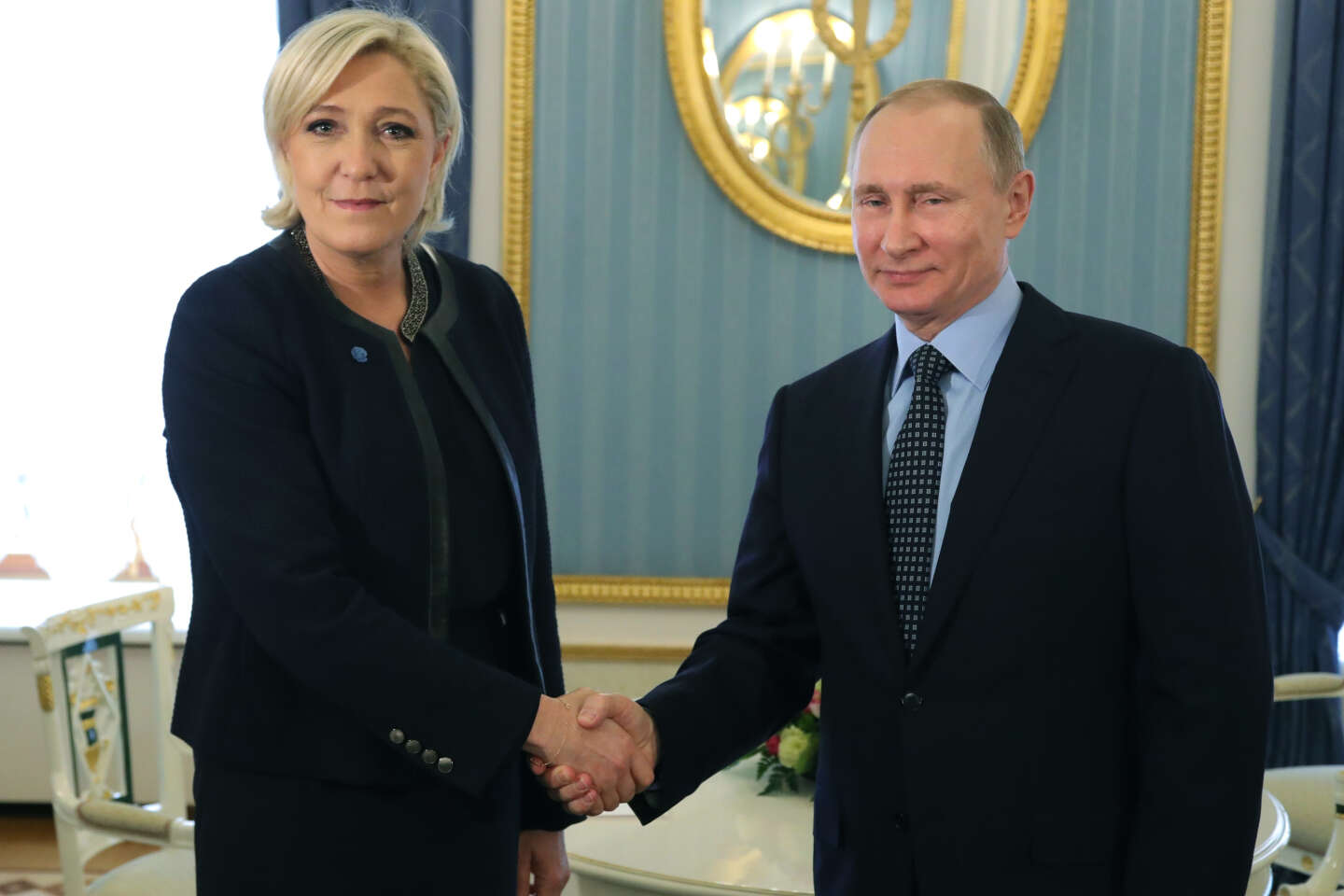


Moscow, March 24, 2017. Marine Le Pen, smiling with the delighted look of a slightly intimidated groupie in a lounge of the Kremlin, poses with her "great man" – the Russian president. She chose her words: "Yes, I have admiration for Vladimir Putin." It was a personal crowning moment for her, a certificate of ideological agreement with this idol of the ultranationalist community. The head of France's far-right party saw the Russian president as a natural ally of Paris.
In the spring of 2027, when the time will come for France's presidential election, one will have to remember these words and images. Alexei Navalny's death has imposed on us a duty to remember. In particular, we must remember that in 2017, Putin's regime was already showing itself for what it is: A venal autocracy living off war and an unceasingly ruthless tyranny at home. Navalny paid dearly for saying so from within. First, by being poisoned, then, by being imprisoned in increasingly squalid conditions and finally, with his death at the age of 47.
France cannot afford to have no relations with Russia. The world's largest country (17.1 million km²) will still be the European Union's imposing neighbor tomorrow, as it was yesterday. History binds us together. Russia is a country that counts: A nuclear power, rich with hydrocarbons, with cutting-edge agriculture and brimming with precious metals. It also devotes a major part of its income to beefing up its army. Having relations with this country is one thing; Expressing "admiration" for its supreme leader is quite another.
What is of interest here, precisely, are the reasons behind Le Pen's passion for Putin and what they say about her political personality. What is the cocktail of feelings that warms Le Pen's heart when she poses alongside the master of the Kremlin?
Guilty complacency
In expressing her "admiration" for Putin, is she endorsing a regime? That of the "strong man" of police rule, of religion as an instrument of the state in the service of "traditional values"? Is she saluting the brilliant strategist who, in 2017, has already razed Chechnya's capital at home and some of Syria's major cities abroad; seized a portion of Georgia and a chunk of Ukraine? As the saying goes: Tell me who you "admire," etc.
Renegotiating with Putin one day will undoubtedly be an obligation for Europeans; extolling his merits in France is a conscious political choice. A comprehensive discussion of this subject would also require mentioning the leader of the radical-left party La France Insoumise: Jean-Luc Mélenchon has long seen the man from the Kremlin not as an adversary but as a "partner" for France. A partner in what exactly?
You have 50.87% of this article left to read. The rest is for subscribers only.
